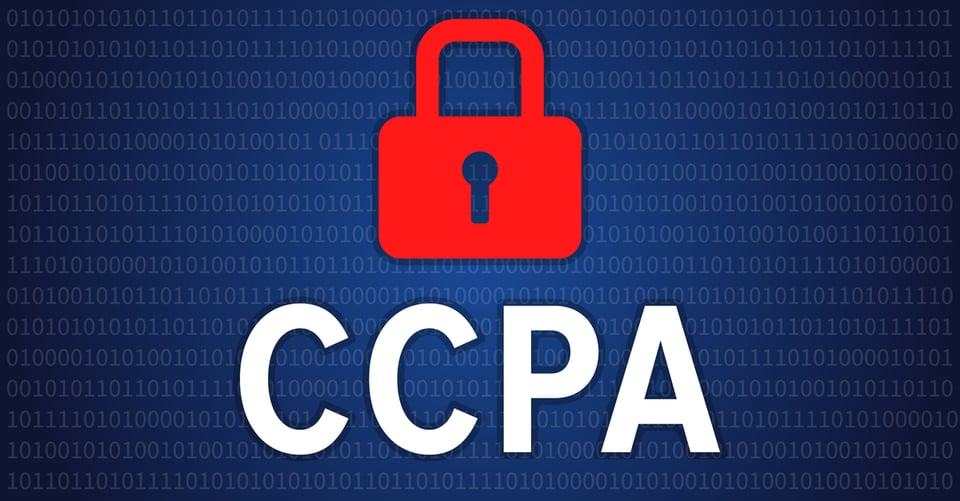According to Richard Harris’s recent NPR article entitled “Top Scientists Revamp Standards To Foster Integrity In Research” top scientists are taking a closer look at their research standards after sticking to the same methods for over two decades.
“It's been 25 years since the National Academy of Sciences set its standards for appropriate scientific conduct, and the world of science has changed dramatically in that time. So now the academies of science, engineering, and medicine have updated their standards,” explains Harris.
The NPR article continues that “the report published Tuesday, ‘Fostering Integrity in Research,’ shines a spotlight on how the research enterprise as a whole creates incentives that can be detrimental to good research.”
We can see how incentives for new discoveries might bring integrity into question.
Integrity is important, and you should always focus on ensuring integrity in your operation. But, that’s not what we found most critical in Harris’s article.
Only minor updates have been made since the introduction of the standards in 1992 – and that’s what was expected to occur this year.
"We hadn't had more than a couple of meetings when we realized this wasn't a question of updating, this was a question of taking a brand new look and a very different look," shares Robert Nerem, a professor emeritus of bioengineering at Georgia Tech.
This caught our attention. Do you know why?
The set-it-and-forget-it mentality is prevalent amongst many industries.
We call it ‘the status quo.’
We get it; it’s tough to revamp or even reframe your thinking when you’re still trying to catch up to current standards, set in your ways, or forced to use old process and technology.
But, it’s also dangerous to your property. It prevents efficiency and your ability to keep guests and staff safe and happy.
"This should not be something that gets looked at every 10 to 20 years, but is an ongoing discussion. And somebody needs to lead that ongoing discussion," Nerem shares in Harris’s article.
His statement is what drives us to help you.
We’ll lead the discussion if that’s what it takes because it’s not about reviewing your standards every 10 to 20 years. You must do it today, tomorrow, the next day, and every day thereafter.
So, you might not be a scientist. But, you probably need to revamp your standards, right?
Keep reading; we want to show you how the Proactive Operations methodology can help you continuously improve your standards.
The Science of Proactive Operations
Harris’s article discusses how integrity is brought into question with the current research standards.
But, it’s doubtful that integrity is the only consequence of old and unchanging standards amongst the research community.
Do you agree? We’d bet that there are ripple effects.
Why? You’re trying to resolve more than integrity issues.
You’re questioning and challenging the status quo, and the status quo is dangerous.
It’s why we harp on it so often. It's an underlying problem – the one greater than ‘integrity’ or any other noticeable symptom.
Your operation isn’t meant to follow a set of standards for the next 10 to 20 years. You must evaluate your current ‘standards’ regularly.
Whether you do it annually or every couple of years – it must be done.
Everything changes. To name a few...
- The needs of your boss
- How your guests like to experience memories
- Technology innovation
- Criminals evolve
You need to grow too.
Proactive Operations allows you to accomplish this.
How?
It’s a methodology: a series of systematic ways to approach property operations.
There’s science (and some art) to it that keeps your operation disciplined, but also gives you control to adjust according to your operational and guests’ needs.
Of course, there’s some art to it because your goal is to enhance the customer experience. There’s always an art form to satisfying guests and creating memories.
A Method for Creating Effective Standards
Think of Proactive Operations as the formula to follow to evolve the standards of your operations, continuously.
It breaks down like this:
- Strategy: evaluate your current standards and how they work for you. Like Nerem mentions, take “a very different look” at your operation.
- Infrastructure: determine your operational foundation. Where do you need your teams located and how will information flow most efficiently?
- Technology: technology tends to change faster than you do, but you should let its evolution keep you in check as to where your team needs to go. Employ the latest technology to maximize your performance.
Revamping your standards starts with your strategy. We’ve developed the ACDA Principle™ to help you do this.
The Principle includes the understanding, application, and continuous improvement of:
- Awareness
- Communication
- Documentation
- Analysis
Why these four factors?
We’ve determined – after many years of working with operations like yours – that these are the key elements needed to be a world-class property.
Understanding the Principle allows you to evaluate your current operation objectively.
- How will staff know what’s occurring?
- What will we need to ensure our employees are always proactive?
- How will we ensure our resource allocation measures up?
- What will we need to manage departmental teams efficiently?
- How will staff communicate (e.g. incident management mobile apps)?
- What will we need to ensure our employees execute operational tasks efficiently?
- What will we need to retrieve incident details in 24 hours? Five days? Three years?
- Is liability defense something we need to address now? How does our documentation need to look like?
- If a guest loses something, what’s the most efficient way to track it and get them their possession back?
- How will we track accountability across departments?
- How will we ensure employees are executing the correct protocols-to-handle?
- What tools do you use to improve your operation's performance?
Then, you’ll translate the solutions to these critical questions to the other parts of Proactive Operations.
Establish what you’ve identified during your strategy exercise with your infrastructure and technology.
The results will bring your operation more than integrity.
It’ll give you a whole new way to think and perform when it comes to enhancing safety and security on your property.
You can do this. You need to do this.
(Learning Proactive Operations is critical to today’s message. You should thoroughly read how to employ it here.)
Over to You
Holding researchers to new standards is the responsibility of the National Academy of Sciences. But, you’re held accountable by a more significant body – your guests.
You might not have as strict of standards to follow, but that doesn’t mean you can’t (and shouldn’t) employ Proactive Operations to foster a better ongoing environment on your property.
Are you ready to revamp your standards to ensure your spot as one of the world’s greatest properties?




